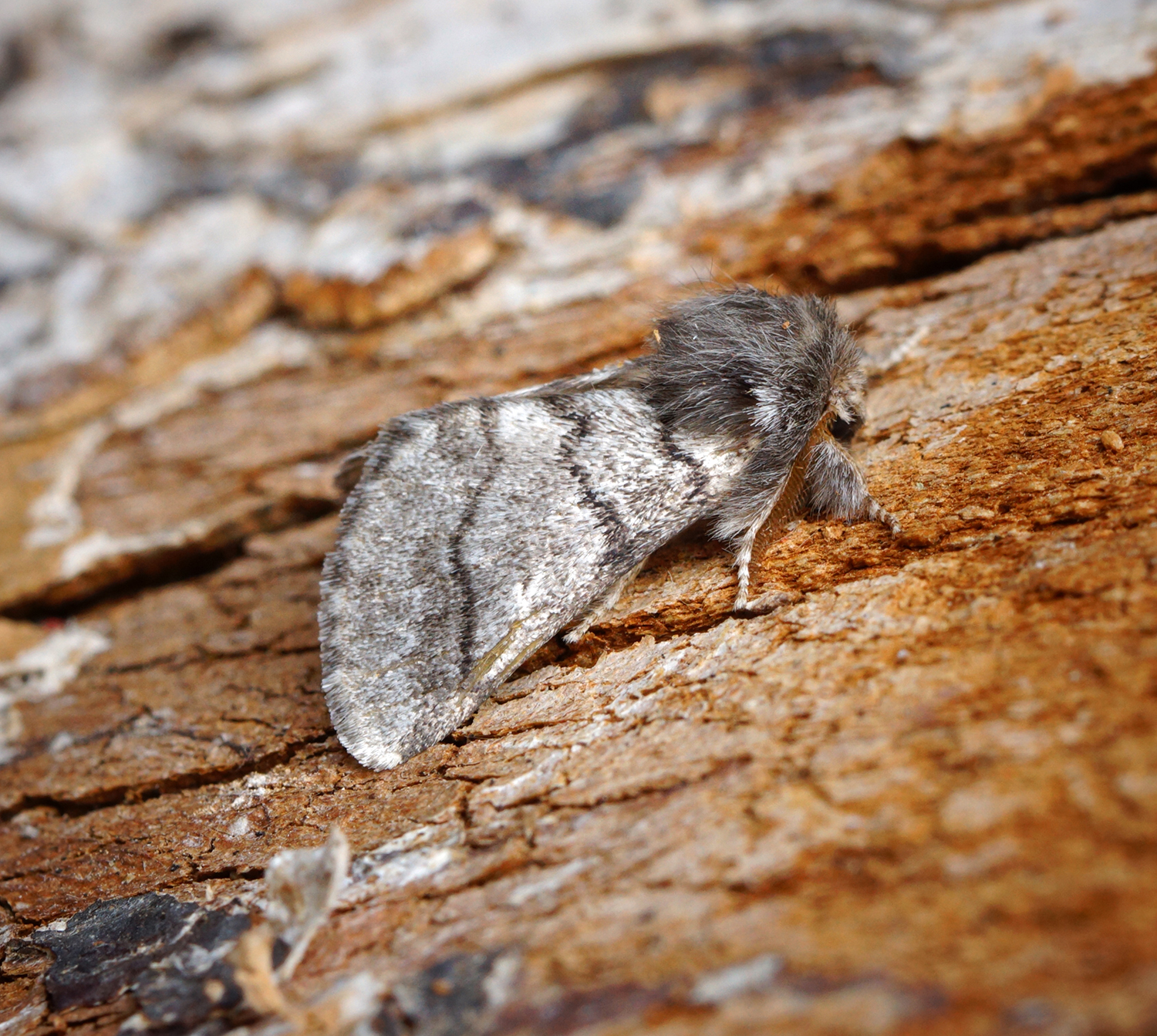Butterfly Conservation is shocked that the Forestry Commission is again going ahead with aerial spraying of woodland in Berkshire to control Oak Processionary moth.
The spraying will kill all butterfly and moth caterpillars in the area and have a potentially catastrophic impact on several threatened species as well as other wildlife.
The area is home to several priority conservation species, including the White Admiral and White-letter Hairstreak, which are caterpillars in the spring and extremely vulnerable to spraying at this time of year. Several rare moths are present too. The spraying will also have serious consequences for other wildlife as it will kill the caterpillars that are a crucial part of the diet of young birds such as Blue Tits.
The spraying will also have serious consequences for other wildlife as it will kill the caterpillars that are a crucial part of the diet of young birds such as Blue Tits.
This is the height of their breeding season and many hundreds, possibly thousands, of young birds may die as a result.
Butterfly populations have declined by over 50% in England’s woods over the last 20 years and we wish that an equal amount of effort and resources were being put into their conservation.
The control of Oak Processionary costs more than £1.5million pounds of tax payer money while only a fraction of this amount is spent on the conservation of butterflies and moths in woodlands.
Dr Martin Warren, Butterfly Conservation Chief Executive, said: “Aerial spraying is a crude method of control that will cause a huge amount of damage to other wildlife and could harm several threatened butterfly species. We urge the Forestry Commission to rethink their strategy.”
Last year, Butterfly Conservation expressed similar concern when aerial spraying was used in a nearby woodland, which is designated as a Site of Special Scientific Interest (SSSI). We were assured that this was a one-off and would not be used again.
Oak Processionary moth is a non-native species that has recently been imported on oak trees and has become widespread in south-west London.
The moth is regarded as a pest species because it has the potential to cause damage to oak trees. It can also sometimes cause health problems to people who come into contact with the caterpillars which have thousands of tiny irritating hairs that can cause rashes, itching and other symptoms.
Butterfly Conservation is concerned that many more woods may be subjected to aerial spraying, causing widespread devastation to butterflies and moths and all the wildlife that depends on their caterpillars as food.


